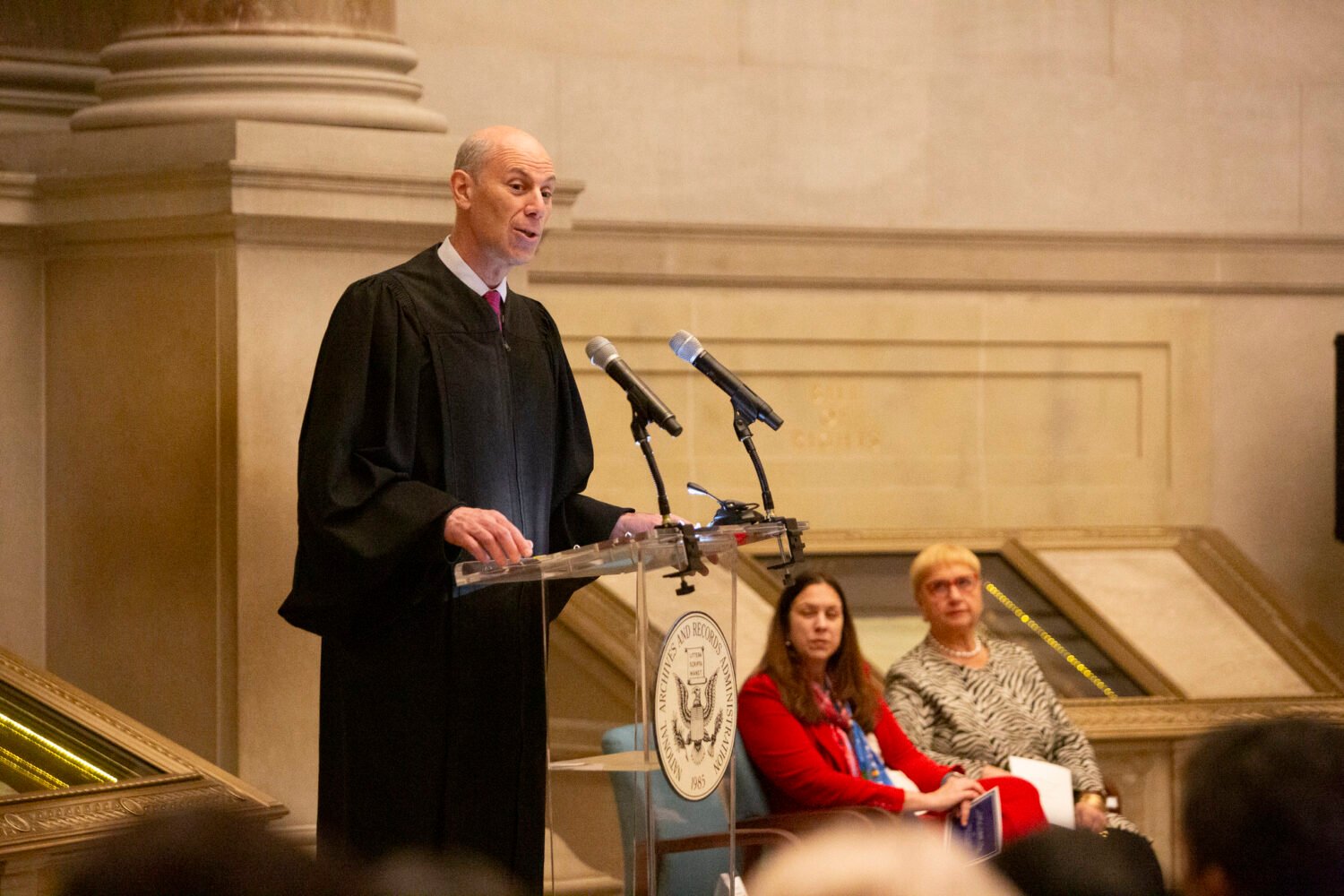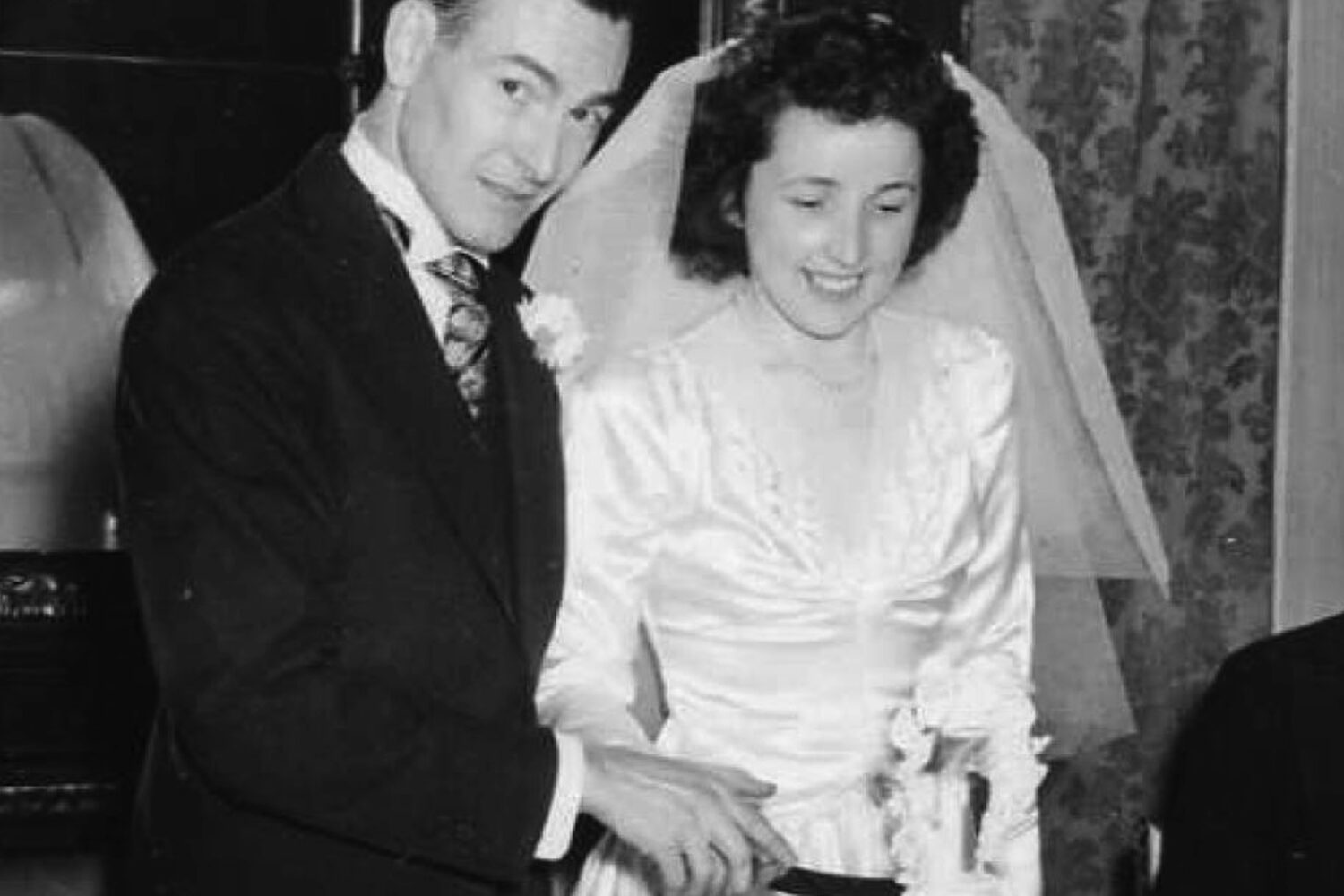As she struggled to get on top of her spending habits, Nancy Trejos, a personal-finance reporter at the Washington Post, decided to hire a financial planner.
“I wanted someone who would really push me,” Trejos says.
Whether or not you need a financial professional—an investment adviser, tax accountant, estate attorney, or other type of expert—can depend as much on your personality as on how much money you have. Trejos, author of Hot (Broke) Messes—about hitting her financial bottom—says that just as she’s quick to go to a doctor when she’s sick, she wanted to turn to an expert to help with her financial health.
“If it’s not your full-time job, it’s easy to make a mistake or overlook something,” says Nathan Gendelman, director of investments at the Family Firm, a fee-only financial-planning firm in Bethesda.
Other people prefer to manage their own money and avoid the fees of professionals.
“My default position is to urge people not to use investment advisers,” says Yuval D. Bar-Or, author of Play to Prosper and an adjunct professor at Johns Hopkins University’s Carey Business School.
Bar-Or points to studies that show how over time the compounding effect of fees can eat into wealth. Investment advisers typically charge about 1 percent of assets under management per year. The nonprofit research organization RAND has calculated that one percentage point in fees translates into an investor’s paying more than $3,000 after ten years on a $20,000 account.
Bar-Or says many investors would be better off sticking with a diversified portfolio focused on index funds and other low-fee alternatives.
One 2007 Harvard Business School study also found that working with a broker didn’t necessarily improve investor returns and, in fact, people often selected better-performing funds on their own. Financial advisers, though, help with far more than just picking stocks, including estate and tax planning.
Says financial adviser Steve Lockshin of Convergent Wealth Advisers in Rockville: “Good estate planning can outperform good investment advisement every time.”
The Bernie Madoff scandal and the recession made investors wary of trusting just anyone. Complicating matters is that the category of financial advisers is often confusing. It includes planners who focus on budgeting, investment experts, and lawyers with expertise in estate planning and taxes. Anyone can call herself a “financial adviser,” so ask potential advisers about their education, experience, and qualifications.
Experts suggest asking friends and acquaintances to recommend good advisers. You’ll also find a list of the area’s top financial experts starting on page 91. Most advisers offer a free initial meeting so both the professional and the potential client can decide if it’s a good fit.
Here are nine questions to ask before signing up to work with a financial adviser.
What do you do for clients?
Given the fluid definitions of different types of advisers, finding out exactly how a potential adviser works is key.
Most financial planners, such as DC’s Alexandra Armstrong, look at a client’s goals—such as where he wants to live and when he wants to retire—and help the person come up with an overall financial plan, including investment recommendations. If the client needs an estate plan or tax preparation, Armstrong connects the individual to people who specialize in such matters. Some of her clients also have a separate investment adviser to manage their portfolios.
Michael K. Farr is a financial adviser, but he focuses almost exclusively on investments. Farr—of DC’s Farr, Miller & Washington and author of A Million Is Not Enough—is a former stockbroker.
Many firms, such as the Family Firm, offer financial planning and investment advisory services in one place, including help with estate, tax, and insurance planning. If a client is also going to work with an estate attorney, the Family Firm will prepare for that meeting by having balance sheets and other paperwork ready. One-stop shopping can make it easier for clients to stay organized and consolidate fees, but some people prefer to get different perspectives.
Will I also need to work with other advisers?
While a financial planner or adviser may suffice for many households, people with high net worths or complicated family situations often need extra help with estate plans, taxes, and insurance.
Estate-planning attorney Nancy Fax says that while almost everyone can benefit from visiting an estate attorney, it’s particularly valuable for people who have children from a prior marriage, are involved in same-sex domestic partnerships, or have legal complexities.
Estate-planning attorneys help clients create wills, medical directives, revocable living trusts, power-of-attorney documents, and other tools that help people prepare for incapacitation and death. They make sure clients keep their retirement-plan beneficiaries updated and check that their assets fit with their overall estate plan.
David Wexler of the Bethesda insurance-and-benefits firm Greenberg, Wexler & Eig assists clients in setting up life insurance, often to fund estate plans. When people take out life insurance on their own, he says, they often overlook details in the contract, such as the ability to exchange a term policy for a permanent policy without a new medical exam before the term policy expires. Setting up beneficiary designations—and understanding the tax impact—can also be complicated.
Sometimes tax expertise is necessary. Certified public accountant Amelia Hillman, a partner with the Vienna firm Baker Tilly, helps people understand how tax laws affect them and what they can do to minimize their taxes. Because taxes are likely to go up next year, she’s urging clients to pull as much income into 2010 as possible and save eligible deductions for next year.
What are your qualifications?
There’s no one right answer to this question; advisers can be certified financial planners, registered investment advisers, or chartered retirement-planning counselors, or they may hold other certifications and titles. What’s important is to know what expertise the adviser brings to the table—and what her limits are.
If you’re looking for someone to help with your overall financial life, then you probably want a certified financial planner.
“Certification doesn’t guarantee they’ll be perfect, but it shows they have experience, ethics, and education,” says Rita Cheng, a financial adviser with Ameriprise Financial in Bethesda.
If an adviser is helping you pick investment products, then you want to know if he or the firm holds a registered-investment-adviser license, which means he must act in a client’s best interest. Broker-dealers, on the other hand, abide by the less stringent requirement to sell only “suitable” products to clients.
How do your fees work?
Some advisers operate under a fee-only system, which means they charge either an hourly fee or a percentage of assets managed and don’t accept commissions for selling financial products. Because they don’t receive money from other sources, many experts consider them to be free from conflicts of interest compared with advisers who charge under a fee-based model, where they can accept commissions or finders’ fees.
“It’s incumbent on investors to find out how much they’re going to be paying when all is said and done. Ask, ‘If someone else is paying you besides me, how might that influence what you recommend?’ ” says Gendelman.
Hourly fees for financial planners generally range from $75 to $300 an hour, which means that developing a complete financial plan typically costs $2,000 to $5,000, depending on the complexity of the client’s goals, says Cheng. She’s fee-based except for insurance, where it’s more common to accept commissions.
While Armstrong now operates under a fee-only system, in the past she collected commissions, and she still does so for some of those older clients, because switching to a fee-only payment system would be more expensive for them.
Who’s your typical client?
Barry Glassman of McLean-based Glassman Wealth Services focuses on multiple generations of wealthy families.
“Last year, we did everything from negotiating a purchase of a $30-million jet to negotiating a client’s Verizon bill,” he says.
Armstrong specializes in inherited wealth as well as single women and widows, while other firms focus on small business owners. She recommends working with an adviser who has at least three years of experience at the same firm with clients like you, to be sure the adviser has familiarity with your situation.
“You don’t want to be the only one in your category,” she says.
Many advisers provide client references so potential clients can hear about their experiences firsthand.
Can I “break up” with you at any time?
“Figure out what will happen if things go wrong,” says Gendelman. “It’s like having a prenup.”
If an adviser recommends buying an annuity with yearly sales charges, then you might have to pay a big commission to get out of it.
Many advisers request that you sign a contract, in which case you want to understand what you’re locking yourself into. Most contracts allow either side to break off the relationship, and they specify how any fees would be refunded. The Family Firm, for example, offers a prorated refund based on the date the client ends the relationship, and it doesn’t recommend products that lock up clients’ money.
How did your clients fare in the downturn?
Advisers can be most helpful during downturns because they encourage clients not to sell shares at low points, just when most people want to get out of the market.
“A professional adviser will tell you, ‘This is not the time to sell,’ ” says Farr. “The opposite is true, too. When stocks are going up, you don’t want to put more money in.” Investors can get carried away with emotion during stock-market turbulence, so he sees his job as helping people act rationally.
Advisers will often provide examples of portfolios they managed during negative return periods, or average rates of returns for funds they frequently use. Be wary of any adviser unwilling to talk about performance.
Have there been complaints lodged against you?
In addition to asking this question, you can also use Web sites such as cfp.net and finra.org to see if advisers have any blemishes on their public records. Both sites contain all public disciplinary actions on record.
How will we work together and how often?
Cheng checks in with her clients at least every six months—once or twice a year is standard for financial planners. Gendelman says that while he encourages clients to call whenever they want, quarterly investment reviews are too frequent.
The optimal frequency of any financial checkup depends on the client’s preferences as well as the type of expertise provided, which is why financial planners such as Cheng check in often, while estate attorneys such as Nancy Fax, who usually need to make changes only after major life or financial events, may update a client every five years.
Glassman recommends that people also ask how many clients an adviser has; the answer will suggest how much attention is given to each one.
“It’s important that an adviser has few enough clients to know who’s affected by changes in the economy, law, taxes, and investment world,” says Glassman, who works with 110 families. Potential clients should also ask whether they’ll be working with the adviser each time or with different advisers at the firm.
Nancy Trejos met with her planner, Christine Parker of Parker Financial in La Plata, once a month for several months. Now she just checks in occasionally by e-mail. In between meetings, she called or e-mailed questions, such as about whether she should transfer her credit-card debt to a new card with a zero-percent introductory rate.
Trejos credits her planner with helping her get on top of her debt and stick to a budget: “I did the work, but she started me on the path. I could have done it on my own, but she made it easier.”
This article first appeared in the November 2010 issue of The Washingtonian.
















